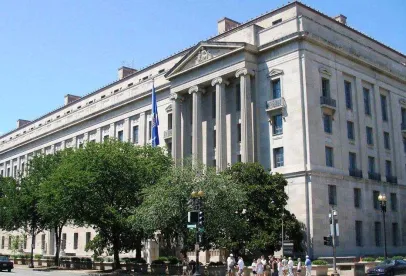Head U.S. Department of Justice (DOJ) antitrust enforcer, Bill Baer, believes the Federal Trade Commission and DOJ are law enforcement agencies, not regulators. In his recent speech at the Global Competition Review Fourth Annual Antitrust Leaders Forum, Baer stressed that antitrust regulation “is not what we do. And it is not how we ought to think about what we do.” He added that the antitrust agencies “do not aspire to be regulators or to pick winners and losers. Instead antitrust enforcement, done right, focuses on removing impediments to competitive markets and protecting market structures that facilitate competition.” Baer’s enforcement-minded approach likely explains one reason why the federal antitrust agencies do not typically accept conduct remedies to resolve antitrust concerns. Conduct remedies require an entity to take, or refrain from, certain business conduct (e.g., price maintenance commitments). The federal antitrust agencies disfavor conduct remedies in part because they often require significant monitoring (i.e., regulation) to fully protect competition. As enforcers, Baer believes the agencies should use the antitrust laws to preserve competition with little regulatory involvement. He noted in his recent speech that effective antitrust remedies “minimize the need for ongoing regulatory involvement in decisions better left to the market.”
As litigation expenses continue to rise, it is often prudent for parties under antitrust investigation to resolve the antitrust agencies’ concerns through a consent agreement. The nature of the parties’ proposed remedy is highly important. With federal antitrust agencies unlikely to accept conduct remedies to resolve antitrust concerns, parties must be ready to present structural remedies—i.e., asset divestitures to ready, willing and able buyers—that fully preserve competition. The antitrust agencies will carefully scrutinize any proposed remedy. If the reviewing agency believes the remedy falls short of fully preserving competition, then it likely will be rejected. Indeed, Baer messaged in his speech that “[s]ound antitrust enforcement requires careful attention to remedies.” He praised DOJ’s recent efforts to reject inadequate remedy proposals in favor of pursuing law enforcement actions to obtain the relief DOJ deemed necessary to preserve competition. In short, parties must be ready to fully address the antitrust agencies concerns or do battle in court.



 />i
/>i